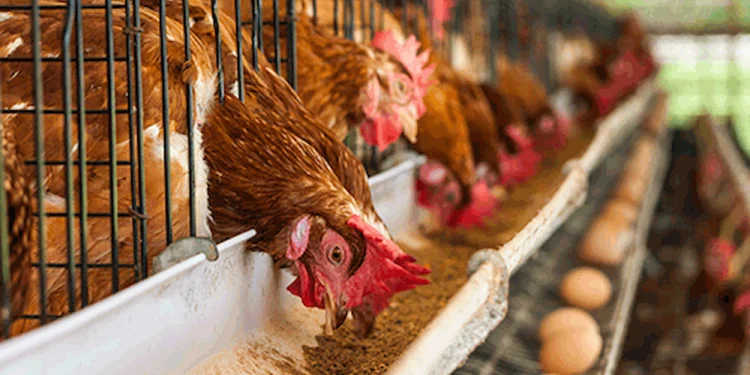Poultry Programme: Production and Processing Must Grow Hand-in-Hand
Ghana currently imports over 80% of its poultry, costing the country more than $300 million annually. The government’s Nkoko Nkitinkiti Programme, set to launch in October 2025, aims to reverse this dependence by distributing 3 million birds across the country, supporting commercial, medium-scale, and local farmers. While the programme promises to boost domestic production, there is a critical dimension that cannot be overlooked: large-scale poultry production must go hand in hand with processing and cold-chain infrastructure. Without processing capacity, the increased output risks going to waste, prices could fluctuate wildly, and the broader goal of building a sustainable poultry sector would be undermined.
Farmers themselves are already highlighting the importance of this link. Kwame Anim Somuah, President of the Greater Accra Poultry Farmers Association, voiced the concerns of many:
“… What we are asking for is an update to farmer associations so we can plan accordingly. For instance, if I raise my birds now, in less than two months, they’ll be ready. But the question is, when they are fully matured, where do I take them?”
His observation underscores the reality that production alone cannot create value. To maximize impact, the government must ensure that processing plants, cold storage, and distribution networks are scaled alongside bird production.
This integration is not just about avoiding waste. It is about building an entire domestic poultry ecosystem. Proper processing ensures consistent quality, allows urban markets to access convenient products, stabilizes prices, and creates jobs along the value chain from farming to processing, packaging, and logistics. At the same time, it strengthens backward linkages, supporting maize and soybean production for feed, and stimulating industrial growth.
Simply put, the success of the Nkoko Nkitinkiti Programme hinges on seeing poultry production and processing as two sides of the same coin. Producing millions of birds without investing in industrial-scale processing would be like building a factory with no power to run the machines; the output exists, but it cannot create the intended economic impact. For Ghana to truly reduce poultry imports, strengthen food security, and create sustainable jobs, production and processing must grow together. Every bird produced must have a clear path to market, and every processing facility must have enough output to operate efficiently. Only then will the programme deliver on its promise of import substitution and industrialization.
Credit- IMANI’s Criticality Analysis of Governance and Economic Issues September 29 – October 4, 2025








